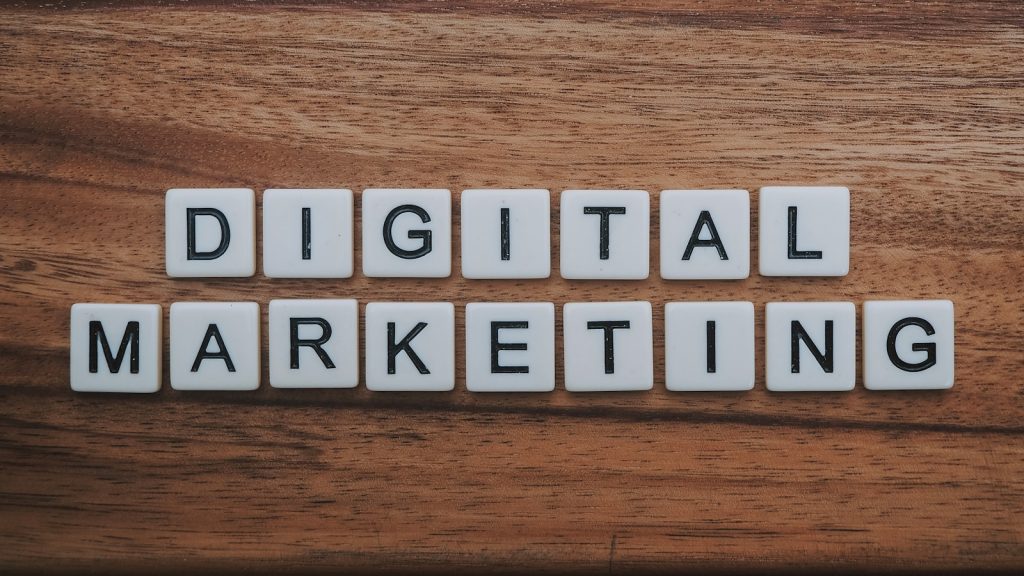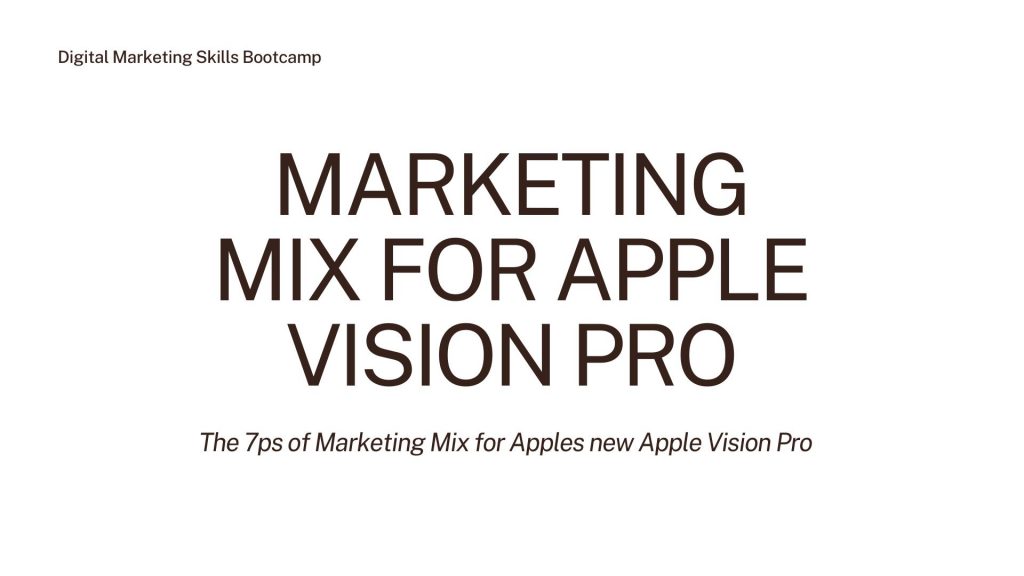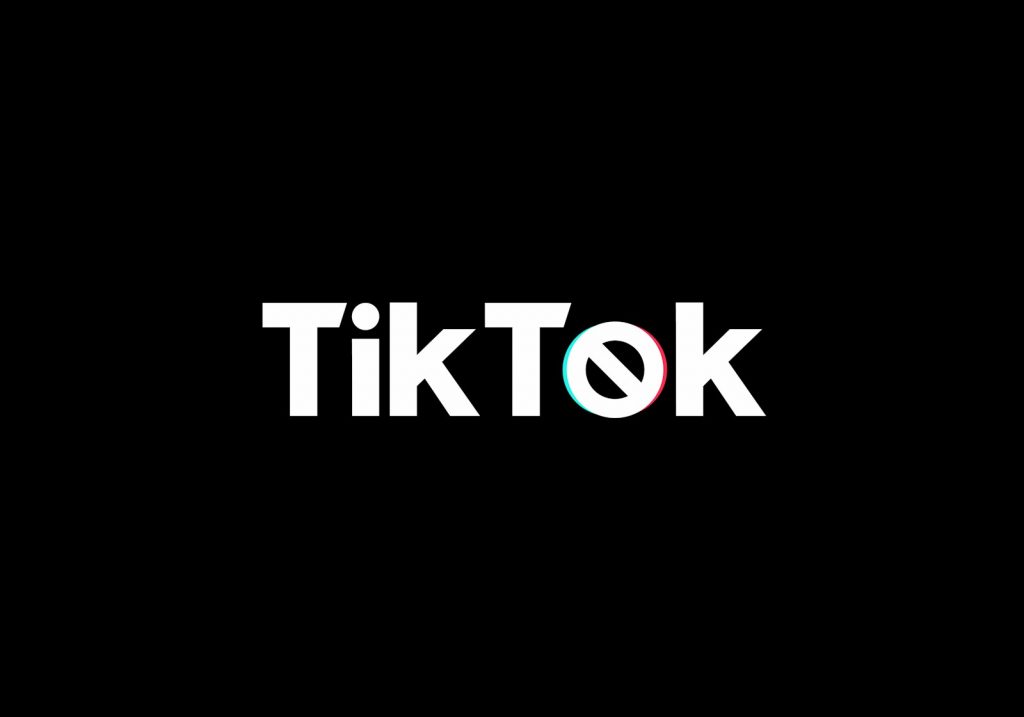The Evolution and Impact of Digital Marketing
In the contemporary landscape of business, digital marketing has emerged as a pivotal force, reshaping how brands engage with consumers. This multifaceted discipline encompasses various strategies and techniques that leverage digital channels to promote products and services. From social media to search engine optimization (SEO), the breadth of digital marketing is vast, and its influence is undeniable.
Understanding Digital Marketing
At its core, digital marketing refers to the use of the internet and online-based technologies to promote and sell products or services. Unlike traditional marketing, which often relies on print media, television, and radio, digital marketing capitalizes on the ubiquity of the internet. This shift has not only transformed the way businesses reach their audiences but has also altered consumer behavior significantly.
The Components of Digital Marketing
To grasp the full scope of digital marketing, it’s essential to explore its various components:
1. Search Engine Optimization (SEO)
SEO is the art and science of enhancing a website’s visibility on search engines like Google. By optimizing content with relevant keywords, improving site architecture, and building backlinks, businesses can increase their organic search rankings. The higher a website ranks, the more likely it is to attract visitors, making SEO a cornerstone of digital marketing strategies.
2. Content Marketing
Content marketing involves creating and distributing valuable, relevant content to attract and engage a target audience. This can take the form of blog posts, videos, infographics, and more. The goal is to provide information that resonates with potential customers, thereby establishing trust and authority in the industry. Quality content is not just a tool for engagement; it’s also a vital component of SEO.
3. Social Media Marketing
With billions of users worldwide, social media platforms like Facebook, Instagram, and Twitter offer unparalleled opportunities for brands to connect with their audiences. Digital marketing through social media involves creating shareable content, running targeted ads, and engaging with followers. The interactive nature of social media allows brands to foster relationships and build communities around their products.
4. Email Marketing
Despite the rise of social media, email marketing remains a powerful tool in the digital marketing arsenal. By sending personalized messages to subscribers, businesses can nurture leads and encourage repeat purchases. Effective email campaigns often include newsletters, promotional offers, and product recommendations tailored to individual preferences.
5. Pay-Per-Click (PPC) Advertising
PPC advertising allows businesses to display ads on search engines and social media platforms, paying only when users click on their ads. This model provides immediate visibility and can be highly effective for driving traffic and conversions. Google Ads is one of the most popular platforms for PPC, enabling advertisers to target specific keywords and demographics.
The Importance of Digital Marketing
The significance of digital marketing in today’s business environment cannot be overstated. Here are several reasons why it is essential for brands:
1. Global Reach
One of the most remarkable advantages of digital marketing is its ability to transcend geographical boundaries. Businesses can reach potential customers worldwide, expanding their market presence without the limitations of traditional marketing methods.
2. Cost-Effectiveness
Compared to traditional advertising channels, digital marketing is often more cost-effective. With options like social media ads and email campaigns, businesses can achieve significant results without the hefty price tag associated with print or television advertising.
3. Measurable Results
Digital marketing provides the tools to measure and analyze campaign performance in real-time. Marketers can track metrics such as website traffic, conversion rates, and social media engagement, allowing for data-driven decision-making and strategy adjustments.
4. Targeted Advertising
Through digital marketing, businesses can target specific demographics, interests, and behaviors. This precision enables brands to tailor their messages to the right audience, increasing the likelihood of conversion and customer loyalty.
5. Enhanced Customer Engagement
The interactive nature of digital marketing fosters deeper engagement between brands and consumers. Through social media, blogs, and email, businesses can communicate directly with their audience, gather feedback, and build relationships that enhance customer loyalty.
Trends Shaping Digital Marketing
As technology continues to evolve, so too does the landscape of digital marketing. Here are some key trends that are currently shaping the industry:
1. Artificial Intelligence (AI)
AI is revolutionizing digital marketing by enabling hyper-personalization and predictive analytics. Brands can analyze consumer behavior and preferences to deliver tailored content and recommendations, enhancing the overall customer experience.
2. Video Marketing
Video content is becoming increasingly popular, with platforms like YouTube and TikTok leading the charge. Short, engaging videos capture attention more effectively than static images or text, making video marketing a crucial element of digital marketing strategies.
3. Voice Search Optimization
With the rise of smart speakers and voice-activated devices, optimizing content for voice search is becoming essential. Marketers must consider how consumers phrase their queries verbally, often using natural language and long-tail keywords.
4. Influencer Marketing
Influencer marketing leverages the reach and credibility of social media influencers to promote products. This strategy allows brands to tap into established audiences and build trust through authentic endorsements.
5. Sustainability and Social Responsibility
Consumers are increasingly drawn to brands that prioritize sustainability and social responsibility. Digital marketing strategies that highlight a brand’s commitment to ethical practices can resonate deeply with conscious consumers.
Crafting an Effective Digital Marketing Strategy
Developing a successful digital marketing strategy requires careful planning and execution. Here’s a step-by-step guide to creating a robust approach:
Step 1: Define Your Goals
Before diving into tactics, it’s crucial to establish clear objectives. Are you aiming to increase brand awareness, generate leads, or boost sales? Defining your goals will guide your strategy and help measure success.
Step 2: Identify Your Target Audience
Understanding your audience is fundamental to effective digital marketing. Conduct market research to identify demographics, preferences, and pain points. This knowledge will inform your messaging and content creation.
Step 3: Choose Your Channels
With numerous digital marketing channels available, it’s essential to select the ones that align with your goals and audience. Consider where your target customers spend their time online and tailor your approach accordingly.
Step 4: Create Compelling Content
Content is the heart of digital marketing. Develop high-quality, engaging content that resonates with your audience. Focus on providing value, whether through informative blog posts, entertaining videos, or eye-catching graphics.
Step 5: Implement SEO Best Practices
To maximize visibility, integrate SEO best practices into your content. Research relevant keywords, optimize on-page elements, and build backlinks to improve your search engine rankings.
Step 6: Monitor and Analyze Performance
Regularly track the performance of your digital marketing efforts. Use analytics tools to measure key metrics and assess what’s working and what needs adjustment. This data-driven approach allows for continuous improvement.
Step 7: Adapt and Evolve
The digital landscape is ever-changing, so it’s vital to remain flexible. Stay informed about industry trends and emerging technologies, and be prepared to adapt your strategy as needed.
Conclusion
In an era where consumers are increasingly connected, digital marketing is not just an option; it’s a necessity. By harnessing the power of various digital channels, businesses can engage their audiences, drive conversions, and build lasting relationships. As technology continues to advance, the potential for digital marketing will only grow, offering exciting opportunities for brands willing to innovate and adapt. Embracing this dynamic field is essential for any business looking to thrive in the modern marketplace.


